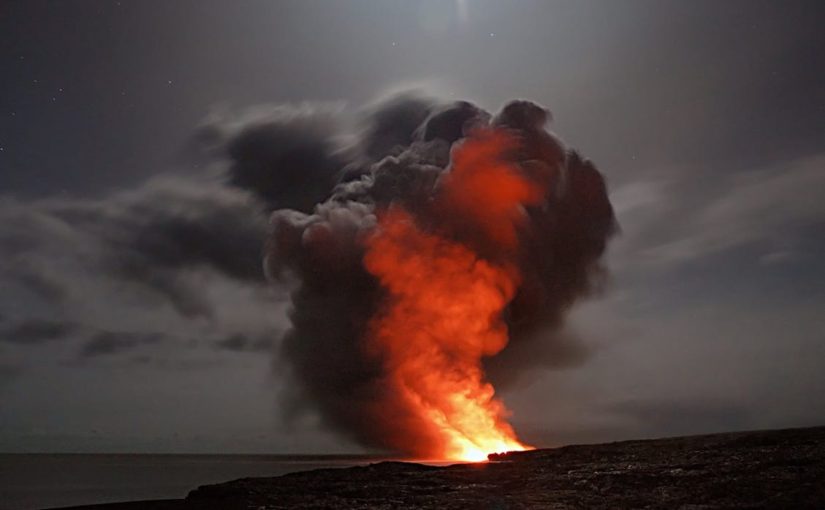As you read this, there are more than 50 ongoing violent conflicts taking place around the world. Many of these are months-old. Some have been ongoing for years or even decades. Tragically, in America, we’ve seen dozens of mass shootings since the start of 2019, eight of which have been in schools. Beyond America’s borders, mosque shootings in Christchurch, New Zealand and simultaneous church bombings in Sri Lanka made global headlines, claiming hundreds of innocent lives.
Of course, violence is the most extreme manifestation of conflict. More pervasive and common in our daily lives are the smaller latent conflicts we face every day. Communities fight over access to resources, minority groups struggle to achieve equal rights, businesses negotiate with clients, and families navigate tough conversations. Conflict takes many forms, among friends or colleagues, between community institutions and individuals, or even between governments and their people.
For youth in particular, issues like urbanization and unemployment, exclusion from political and social life, and even intergenerational inequities or cultural dissonance can spark or perpetuate conflict.
The goal of the “Salaam Fellowship for Conflict Resolution” is to take a deep dive into these issues and give our fellows an opportunity to explore them in a cross-cultural setting. They will simultaneously improve their communication skills, self-confidence, and leadership abilities. By the end of the program, the fellows will walk away with a tool box to analyze and assess conflict, and to bring it to a healthy conclusion. Whether our fellows are students, aspiring diplomats, lawyers or business people, these skills are applicable to any setting. Equipping young leaders with these abilities, and showing them how to use them in their own communities, may help quell violence and tensions in the near- and long-term.
To learn more about the program and to apply, please visit the information page for the Salaam Fellowship for Conflict Resolution.
